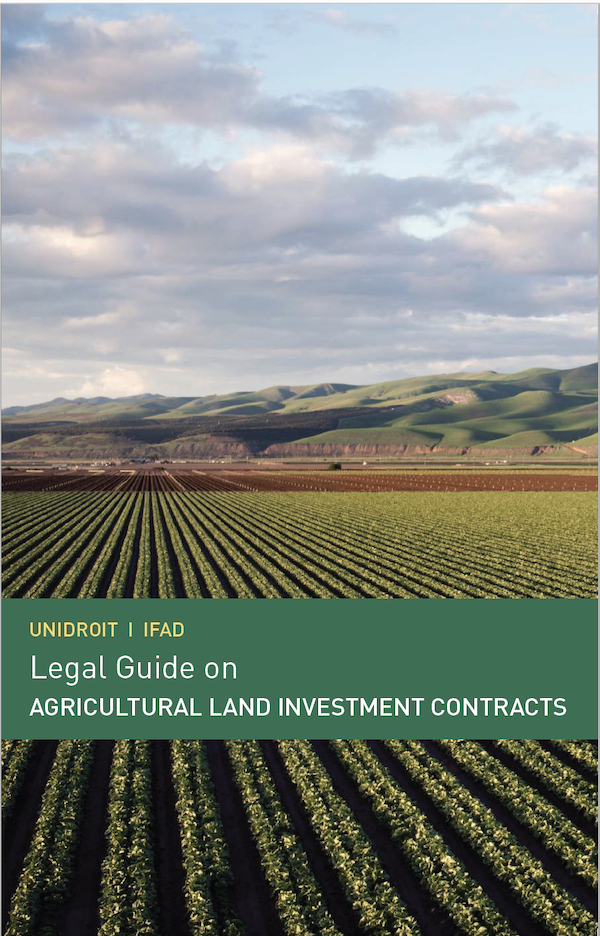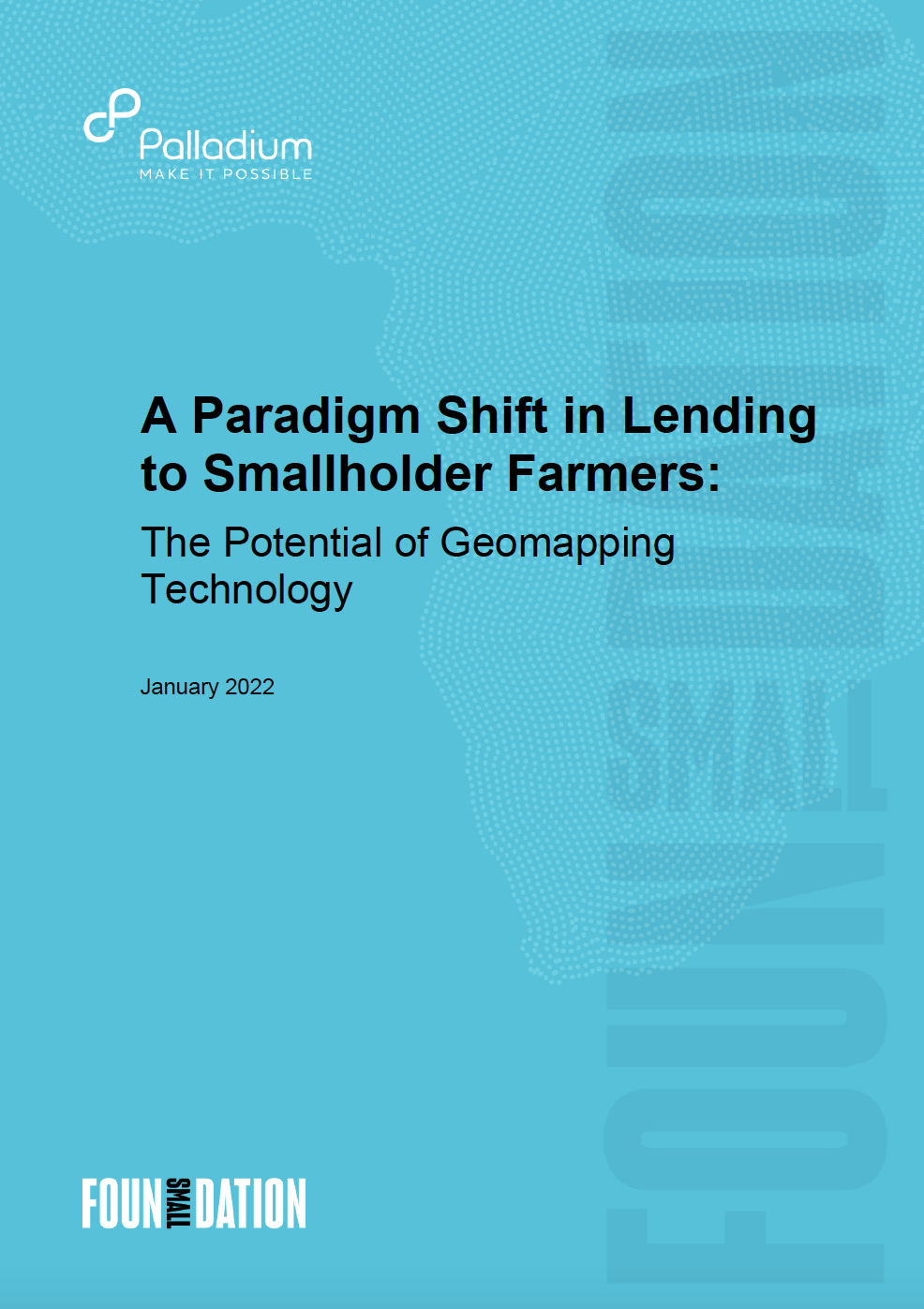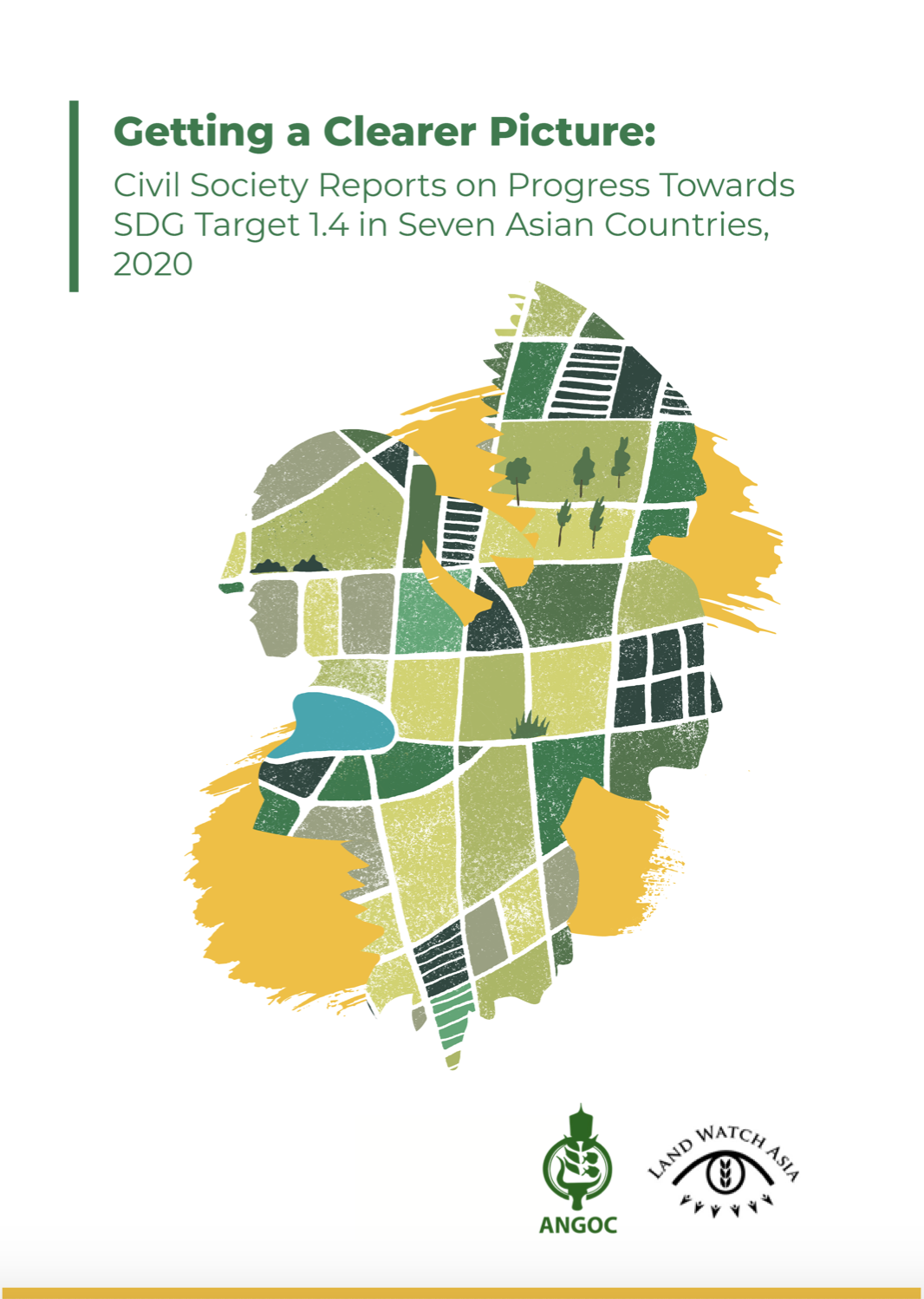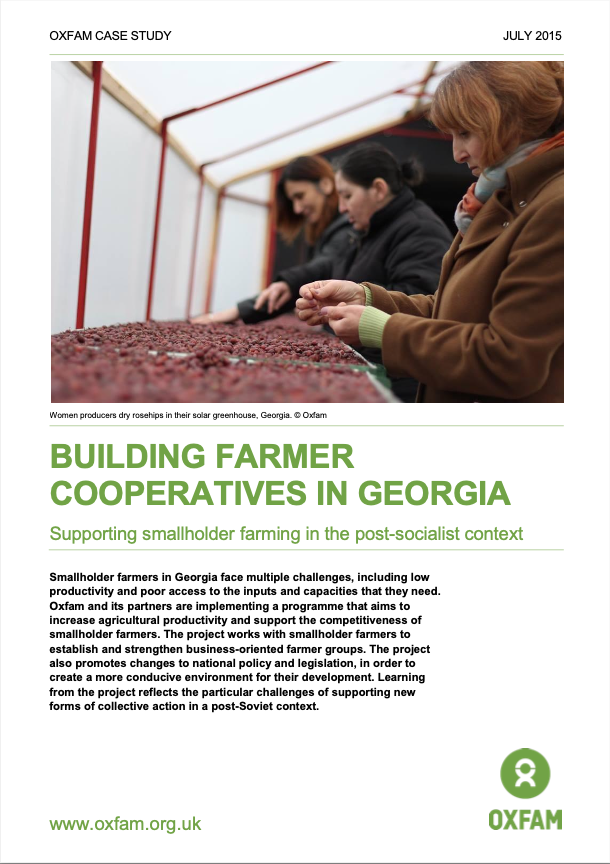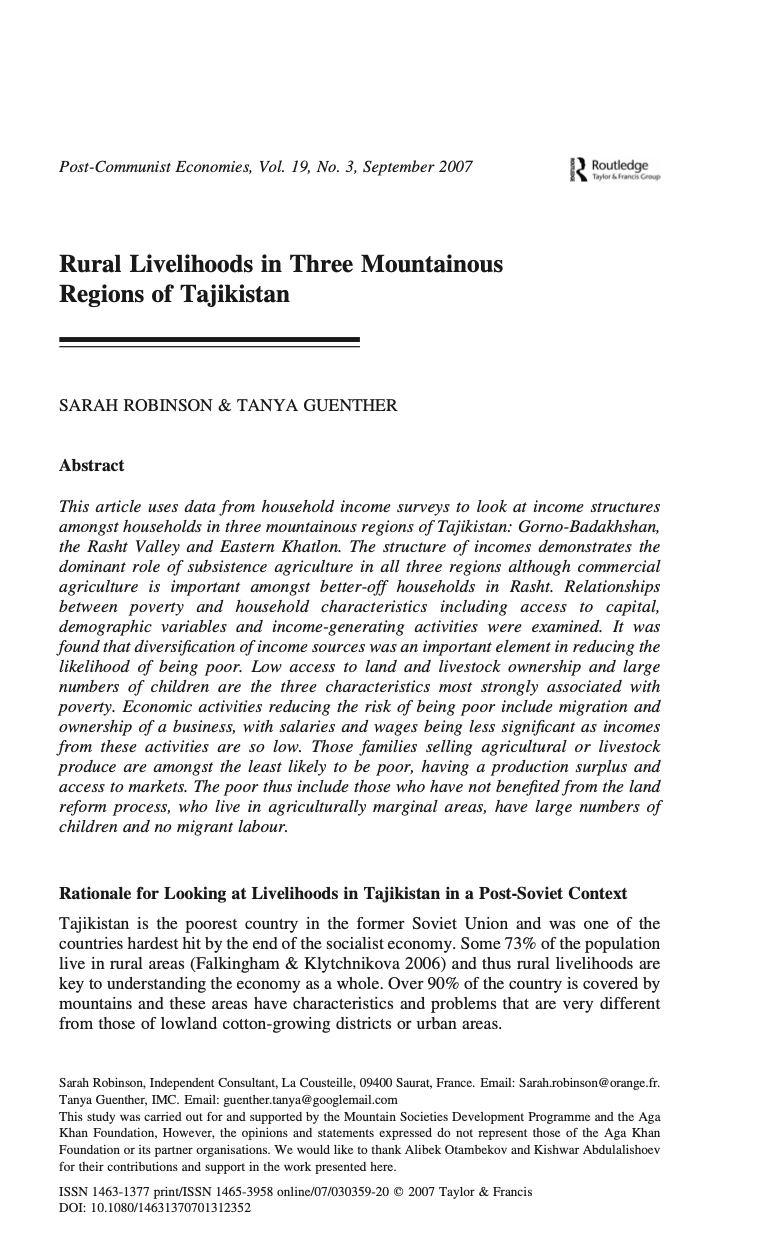Legal Guide on Agricultural Land Investment Contracts
Investment in agriculture is essential for sustainable development, in particular for achieving food security, adequate nutrition, decent employment, poverty reduction and environmental protection. In seeking to attract agricultural investment, many governments and local communities have entered into Agricultural Land Investment Contracts (ALIC).

